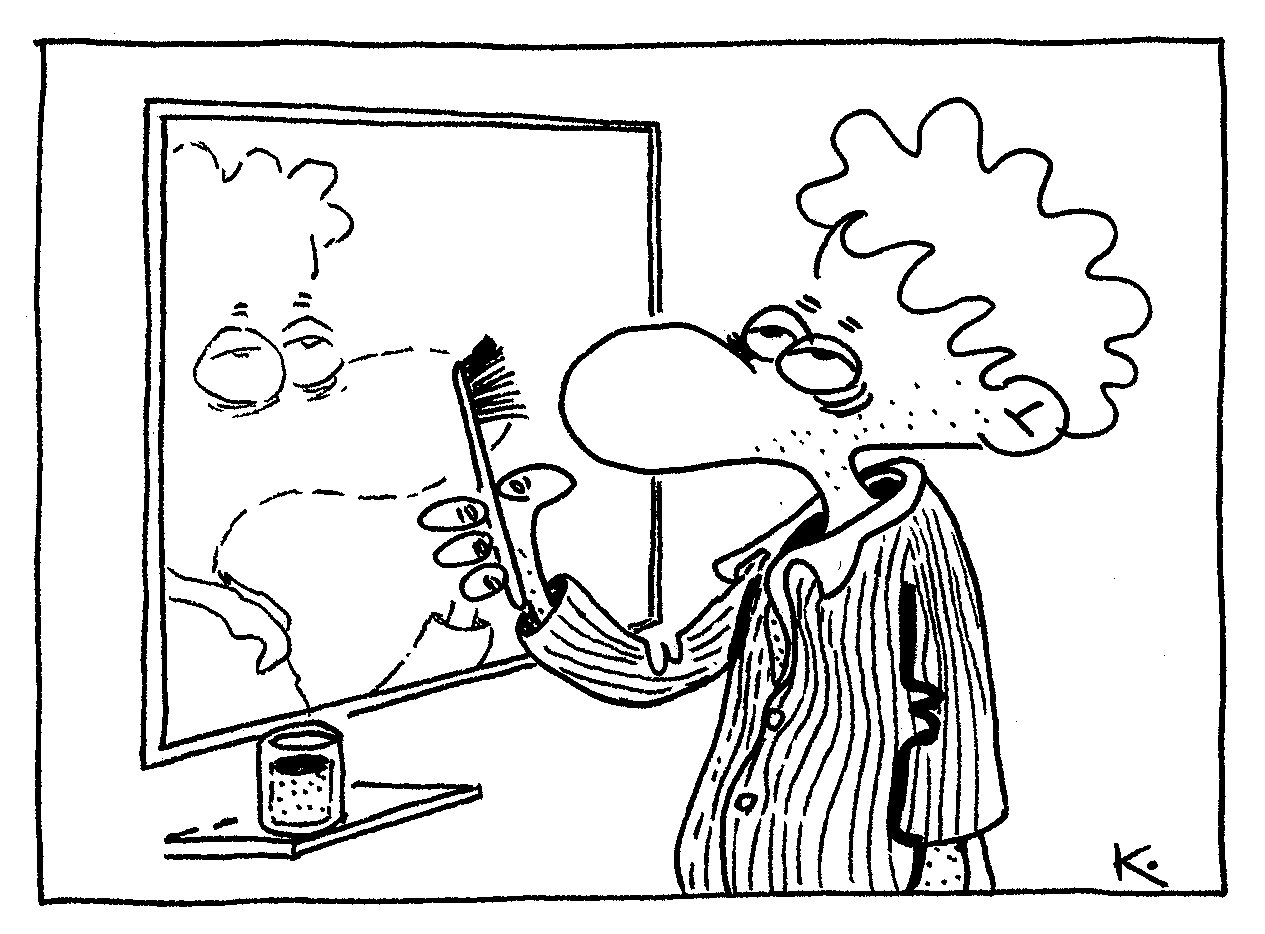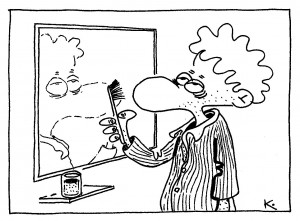
Trust, Face and Tribe – The Telework Dilemma
 Telework would seem to have everything going for it. It takes advantage of technology, saves time and the environment, and cuts down on office space. So why isn’t it more popular?
Telework would seem to have everything going for it. It takes advantage of technology, saves time and the environment, and cuts down on office space. So why isn’t it more popular?
On the opposing side, bosses often still struggle with trusting people to work when they can’t be seen. There’s also the matter of “face” – as a boss, do I look as important if half my office cubicles are empty and other bosses complain that my staff can’t be found? And finally, as a good leader, I might reasonably ask if team “feel” and productivity is harmed when people seldom see each other.
Ask about Telework in any social forum and you’ll soon be overwhelmed with viewpoints. You’ll also encounter some very strong feelings. We’re emotionally invested in the Telework debate because it speaks to our innermost selves and our need for validation and recognition.
The most testing environments for Telework are ones in which there is a mix of Telework and regular commuting. In these environments, and without careful management, we risk creating a whole new generation of opportunity-rich and opportunity-poor workers. Humans are physiologically wired to live in tribes, and the tendency to have higher affinity for people we see and touch – even if we disagree with them – has been validated again and again in research studies. Depending on what you want out of work, and on what the boss needs the team to do, mixed Telework and commuting environments can carry a significant price tag in equal opportunity and team productivity.
Yahoo CEO Marissa Mayer and Best Buy CEO Hubert Joly ended Telework for largely this reason, and both – Mayer especially – have taken heavy fire because of it. Yet both are turning around large organizations, and both are presumably looking for the best solutions.
One of the biggest problems in the Telework debate is that the metrics are very rubbery, even when focused on personal benefit and obvious savings. When it comes to tribal benefits and team productivity, there are no useful metrics at all. In workplaces where a mix of Telework and commuting potentially makes sense, we need much better ways of tracking the team results – and we also need to be careful that we don’t accidentally undo decades of striving for equal opportunity in the workplace.
John Kolm is the CEO of Team Results USA, a team development company that specializes in team productivity and operational readiness. Everyone at Team Results telecommutes.


Engage us on Facebook
Follow us on Twitter
Tweets by @mymcmedia